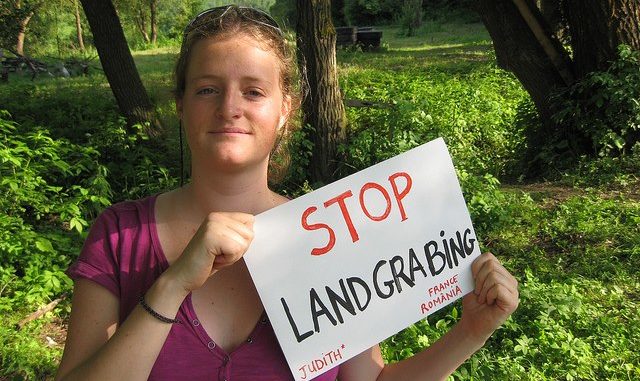
Part 2: Land concentration or land grabbing?
Is land concentration just a politically neutered way to say land grabbing? […]

Is land concentration just a politically neutered way to say land grabbing? […]
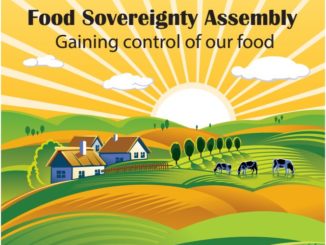
by Gilles Billen, Luis Lassaletta and Josette Garnier Globalisation is not only a matter of clothing and mobile phones. Long-distance worldwide shipping of food commodities has also increased tremendously over the last few decades. Lassaletta et al.(2014) estimate that one-third of all proteins (a proxy for the nutritive potential of foodstuffs) produced globally are redistributed through international trade. Thus a recent study in France shows that the total volume of long distance commercial exchanges of food commodities, mostly originating from far away, account for over twice the national agricultural production (Le Noé et al., submitted). However, the positive value of a globalised food supply is being actively questioned. In industrialised countries, a citizens’ movement has arisen, sometimes supported by local public authorities, seeking to promote a local food supply. This movement aims to reclaim control of nutrition, re-create social links often destroyed by the extent of mass distribution, and develop the local economy. Developing countries are also attempting to strengthen their local food supply and recover part of their food sovereignty lost by decades of […]
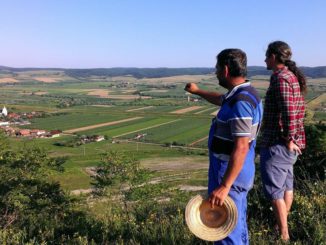
Between 2002-2010, 150,000 small farms disappeared. And this process has continued since then. A new Report on Land Grabbing by Eco Ruralis reveals shocking extent of the practice. […]
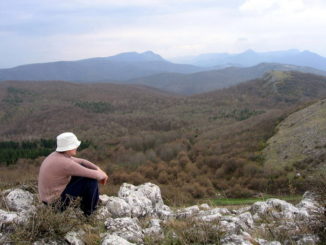
How will sustainable agroecological methods get to get passed on, as peasant farmers age? […]

A documentary launched 14.07.2015 (in German)
For information in English we recommend this study by DG Internal Policies: Risks and Opportunities for the EU Agri-Food Sector (July 2014). […]
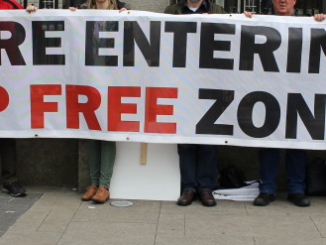
Across Europe, TTIP and CETA free zones are being established. Ramona Duminicioiu of Eco Ruralis tells us about Romania. […]
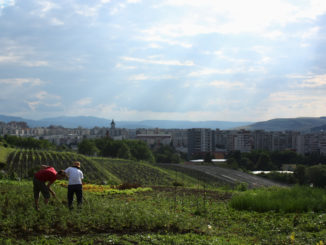
Are Gene Banks a solution in a world of agri-biodiversity decline, or museums of seed diversity? | ARC2020 […]
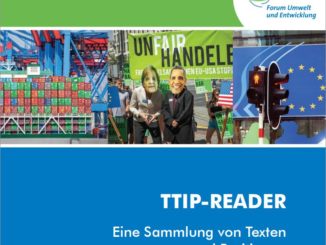
A collection of texts and positions was launched by Forum Umwelt und Entwicklung (in German). […]
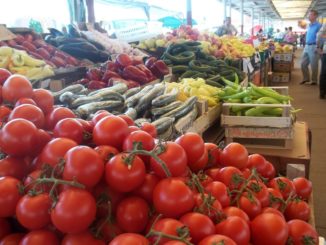
Hidden costs and extra bureaucracies in a new law have made it more difficult for farmers to sell their own produce, as Eco Ruralis explain. […]
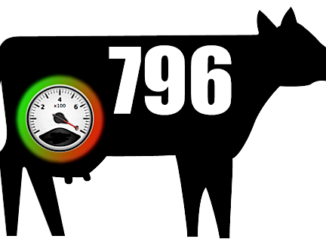
Illegal stocking levels have been uncovered at contraversial French Dairy Factory Farm Mille Vaches. Peter Crosskey Reports. […]

Eco Ruralis Bring us the Shocking Story of Forest Grabbing in Romania, where the vast majority of Europe’s Vital Old Growth Forests are. Fact Sheets, Leaked Letters and an Undercover Video Expose. #Forestgrab […]
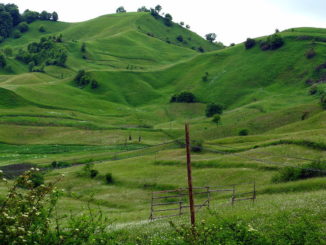
After Communism, there has been an understandable suspicion of co-ops in Romania. Nevertheless, there are some, and farmers are benefiting. […]
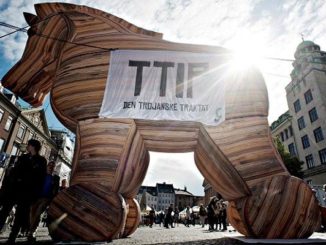
Stop Calling the TPP A Trade Agreement – It Isn’t. By Dave Johnson. This a message to activists trying to fight the Trans-Pacific Partnership (TPP). Stop calling the TPP a “trade” agreement. TPP is a corporate/investor rights agreement, not a “trade” agreement. “Trade” is a good thing; TPP is not. Every time you use the word “trade” in association with the TPP, you are helping the other side. “Trade” is a propaganda word. It short-circuits thinking. People hear “trade” and the brain stops working. People think, “Of course, trade is good.” And that ends the discussion. Calling TPP a “trade” agreement lets the pro-TPP people argue that TPP is about trade instead of what it is really about. It diverts attention from the real problem. It enables advocates to say things like, “95 percent of the world lives outside the U.S.” as if that has anything to do with TPP. It lets them say, “We know that exports support American jobs” to sell a corporate rights agreement. It enables them to say nonsense like this about […]
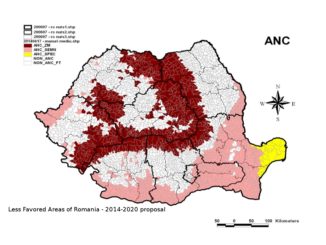
Written by Attila Szocs, Land Rights Campaigner at Eco Ruralis This week, Romania received the formal approval from the European Commission for the starting of the National Rural Development Plan (NRDP) for the 2014-2020 time frame. This enables the Romanian Ministry for Agriculture, to launch all measures of the program. Formal declarations were made at the end of an official meeting in Bucharest, between Phil Hogan, European Commissioner for Agriculture and Daniel Constantin, Romanian Minister for Agriculture and Rural Development. A delicate matter was raised during the discussions. The Romanian authorities requested the re-designation of the “Less Favored Areas” (LFAs) of the country, given the fact that some of the provisions led to the exclusion of vulnerable areas which were formerly part of support plans. Commissioner Hogan underlined that the issue is known at an EU level but that “there is a regulatory problem which cannot be solved”. A paradox situation, given the fact that the Romanian Ministry for Agriculture accomplished the re-designation in the first place. LFAs are geographical areas where agricultural production is qualitatively and quantitatively […]
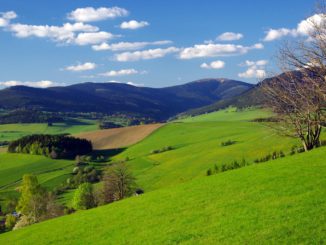
Czech Republic is the European Union country with the highest share of arable land, around 38% of its surface. Despite this fact, recent trends give clear evidence for an enormous decrease of agricultural land due to the expansion of urbanization and industrialization plans across the country. However the reformed Common Agricultural Policy (CAP) of the European Union (EU) could potentially push Czech Republic to promote an environmentally and socially sustainable agriculture. The process of land degradation in Czech Republic has its roots in the agricultural land expropriations of the 1950s done by the communist regime. During that time agricultural policy focused mostly on the large-scale consolidation of farmlands as well as on highly intensive methods of production through the use of agrochemicals without consideration of potential environmental risks. In light of the „Velvet revolution“ in 1989 the political and economic changes gave rise various agricultural currents, from agroindustry to organic farming. Already in 1990 the Ministry for Agriculture established its own department for „alternative agriculture“, handing out Governmental support in form of direct subsidies to […]
Agricultural and Rural Convention